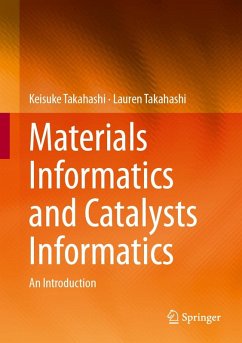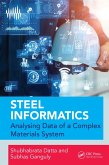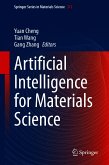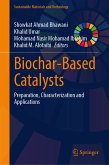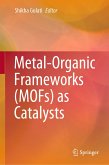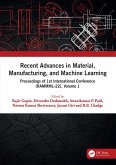This textbook is designed for students and researchers who are interested in materials and catalysts informatics with little to no prior experience in data science or programming languages. Starting with a comprehensive overview of the concept and historical context of materials and catalysts informatics, it serves as a guide for establishing a robust materials informatics environment. This essential resource is designed to teach vital skills and techniques required for conducting informatics-driven research, including the intersection of hardware, software, programming, machine learning within the field of data science and informatics.
Readers will explore fundamental programming techniques, with a specific focus on Python, a versatile and widely-used language in the field. The textbook explores various machine learning techniques, equipping learners with the knowledge to harness the power of data science effectively. The textbook provides Python code examples, demonstrating materials informatics applications, and offers a deeper understanding through real-world case studies using materials and catalysts data. This practical exposure ensures readers are fully prepared to embark on their informatics-driven research endeavors upon completing the textbook.
Instructors will also find immense value in this resource, as it consolidates the skills and information required for materials informatics into one comprehensive repository. This streamlines the course development process, significantly reducing the time spent on creating course material. Instructors can leverage this solid foundation to craft engaging and informative lecture content, making the teaching process more efficient and effective.
Dieser Download kann aus rechtlichen Gründen nur mit Rechnungsadresse in A, B, BG, CY, CZ, D, DK, EW, E, FIN, F, GR, HR, H, IRL, I, LT, L, LR, M, NL, PL, P, R, S, SLO, SK ausgeliefert werden.

